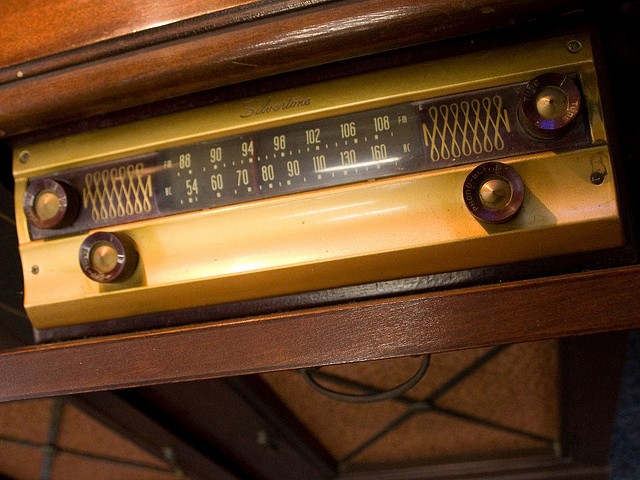
Twin Cities Community Radio Aims to Diversify the Dial
When President Obama signed the Local Community Radio Act, we at the Main Street Project knew we wanted to be part of this new era in radio. The LCRA created the potential for thousands of stations to join the airwaves across the United States. A Low Power FM station has the strength of about a 100-watt light bulb and a signal that typically covers a range of three to five miles.
Right now, organizations like Color of Change, Free Press, the Media Action Grassroots Network and the Prometheus Radio Project are providing training, technical assistance and resources to nonprofit organizations that plan to apply for licenses. The Federal Communications Commission, which is currently developing the rules that will govern LPFMs, will likely make the applications available later this year.
In Minnesota, we have established Twin Cities Community Radio, a coalition of 13 organizations and grassroots leaders working to acquire radio licenses. The coalition hopes to get licenses for the Phillips neighborhood in Minneapolis and the Frogtown/Summit University neighborhoods in St. Paul.
Separated by the Mississippi River, these neighborhoods are diverse, culturally rich and the most economically under-resourced places in their respective cities. Often referred to as the gateway neighborhood to immigrants and refugees, Phillips is home to growing Latino and Somali communities and has the largest concentration of urban American Indians in Minnesota. Frogtown/Summit University are home to the nation’s largest Hmong community, a historic African American community and growing East African populations. There is no local newspaper serving Frogtown — and consequently, no source to turn to for information about developments impacting this neighborhood.
Community radio will provide these neighborhoods with a powerful tool to create culture, share stories in our first languages and determine our priorities together. We at Twin Cities Community Radio believe that an investment today will create the public media infrastructure that our communities so desperately need for the future. Waite House Executive Director Francisco Segovia, one of our coalition leaders, put it best: “With local community radio, we can reframe our story and build community.”
Click here to see the video of Twin Cities Community Radio celebrating the first-ever World Radio Day.
Original photo by Flickr user Orin Zebest
Danielle Mkali directs the Main Street Project’s media justice program.